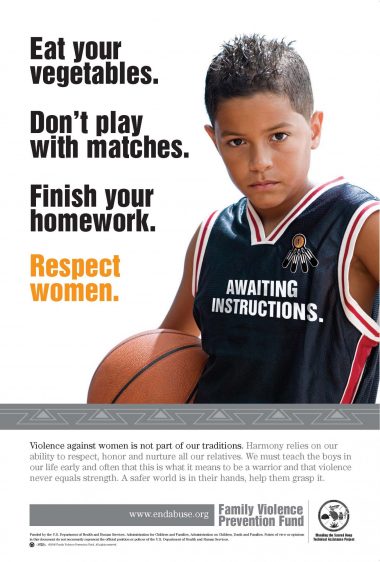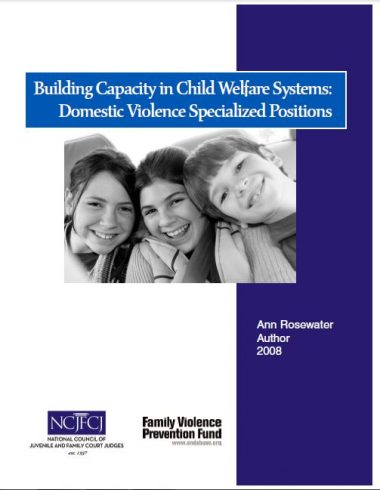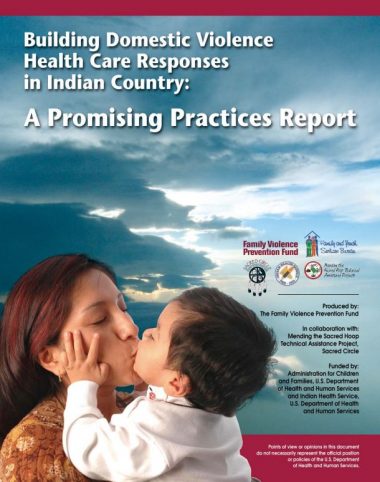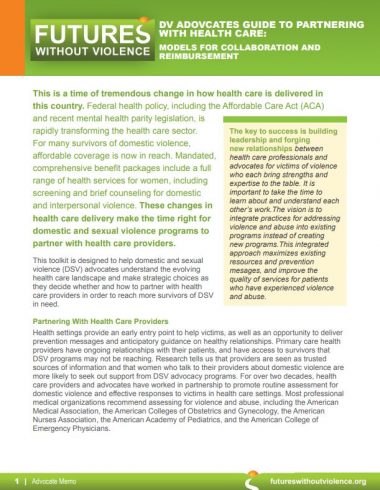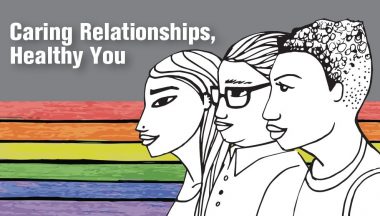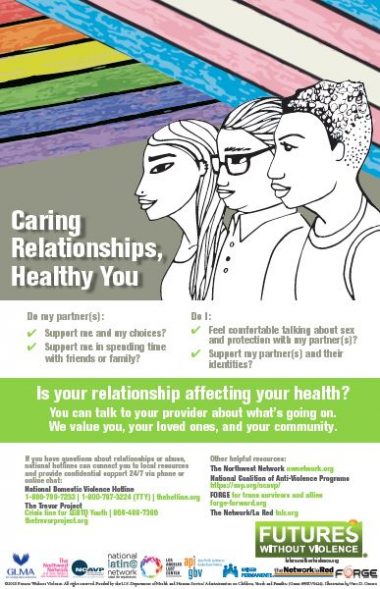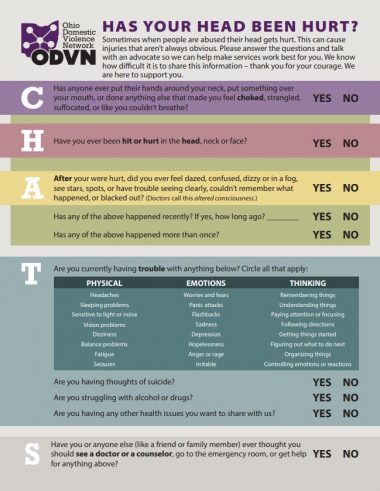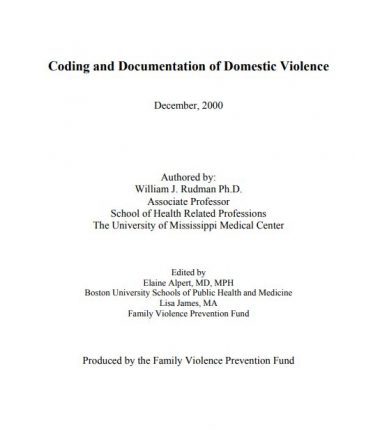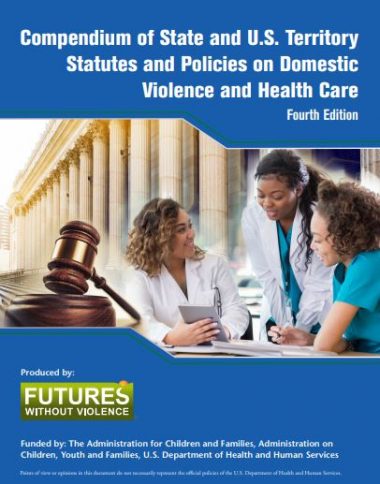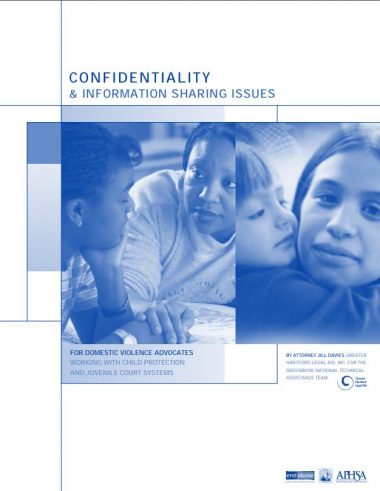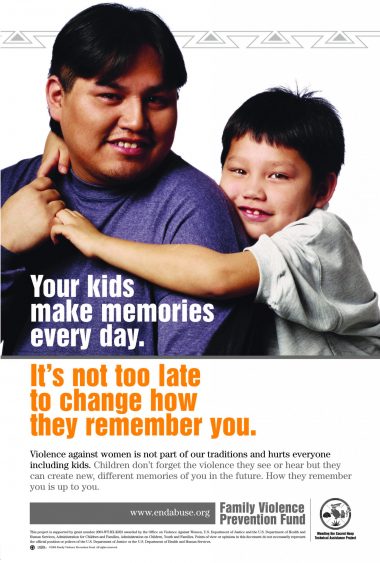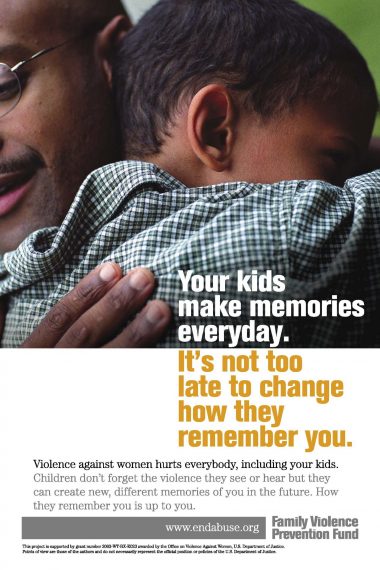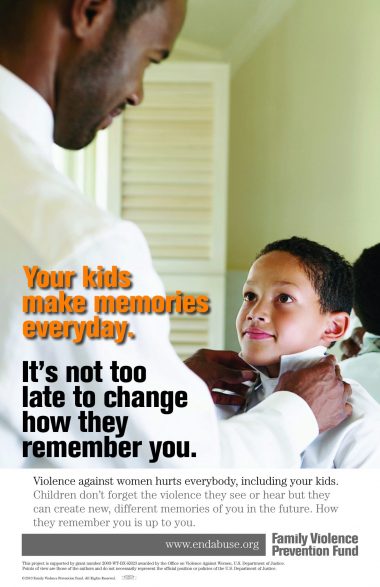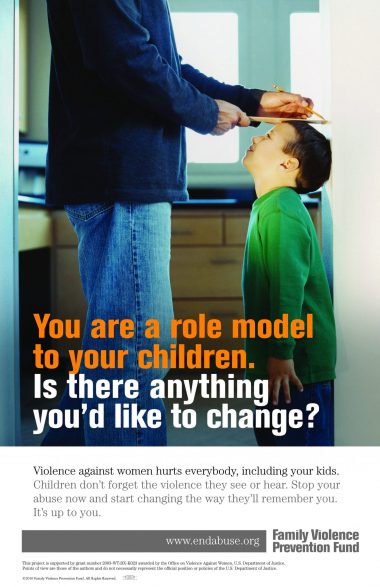Showing 1–16 of 44 results
American Indian/Alaska Native Poster: Awaiting Instructions (PDF only)
$0.00
The 11” x 17” poster may be used in any community or health setting frequented by men and boys including Tribal offices, schools, gyms, batter’s intervention programs, health care facilities and visitation centers.
Beyond Halal and Haram: Muslims, Sex, and Relationships Safety Card (Hard Copy and PDF)
$0.00
The goal of this safety card is to be both a survivor-centered resource and a useful conversation starter for health care providers, counselors, social workers, mentors, or other adults working with high-school and college-aged Muslim youth who are doing universal education around healthy relationships and assessing for violence. The card
Beyond Observation: Considerations for Advancing Domestic Violence Practice in Supervised Visitation (PDF only)
$0.00
This paper presents considerations for expanded practice in the Supervised Visitation Grant Program and describes interventions that go beyond observation in the supervised visitation setting. The information for this paper comes from a number of sources including: interviews with experts in the field; a review of the literature on supervised
Building Capacity in Child Welfare Systems: DV Specialized Positions
$0.00
This report seeks to assist policymakers and practitioners in developing specialist positions that are tailored to the circumstances of their communities and states. The report offers observations about initial expectations for these positions and the evolution of the positions over time.
This publication is available as a digital download only. This
Building Domestic Violence Health Care Responses in Indian Country: A Promising Practices Report (PDF only)
$0.00
Funded by the Indian Health Service and Administration for Children and Families, the IHS/ACF Domestic Violence Project (2002-2009), trained thousands of health care providers and community advocates, identified and empowered national experts, instituted sustainable DV response programs in hospitals and clinics, developed model policies and tools to better address abuse
California DV Advocates Guide to Partnering with Healthcare: Models for Collaboration and Reimbursement
$0.00
This toolkit is designed to help domestic and sexual violence (DSV) advocates understand the evolving health care landscape and make strategic choices as they decide whether and how to partner with health care providers in order to reach more survivors of DSV in need. Available in English in PDF Download.
This
Caring Relationships, Healthy You (LGBQ) Safety Card (Hard Copy and PDF)
$0.00
The goal of this safety card is to be both a survivor-centered resource and a useful conversation starter for health care providers who are doing universal education around healthy relationships and assessing for violence specifically with LGBQ people or in LGBTQ health settings.
El objetivo de esta tarjeta de seguridad es
Caring Relationships, Healthy You Poster (LGBTQ) Hard Copy and PDF
$0.00
The goal of this poster in tandem with the Caring Relationships Safety Card is to be both a survivor-centered resource and a useful conversation starter for health care providers who are doing universal education around healthy relationships and assessing for violence specifically with LGBQ people or in LGBTQ health settings.
The
CHATS: Advocate Guide – Traumatic Brain Injury (Ohio Domestic Violence Network)
$0.00
CHATS helps advocates CONNECT with survivors, IDENTIFY and PROVIDE INFORMATION on head injuries, and ACCOMMODATE people's needs.
This is a PDF download product only.
Coding and Documentation of Domestic Violence (PDF)
$0.00
This paper focuses on the need for accurate documentation and coding of domestic violence in medical records and provides recommendations on how to do so. The accurate and expanded documentation and coding for domestic violence in medical records can give us data and reimbursement mechanisms that will undeniably shape our
Compendium of State and U.S. Territory Statutes and Policies on Domestic Violence and Health Care (PDF)
$0.00
The Compendium is an at-a-glance summary of state and U.S. territory laws, regulations, and other activities relevant to addressing domestic violence in health care settings. It includes analyses and themes that reflect policy and programmatic changes made in the last two decades by leaders in the fields of health care,
Confidentiality and Information Sharing Issues (PDF)
$0.00
For domestic violence advocates working with child protection and juvenile court systems. For advocates to be effective, they need to what to do with information, when to share it, how to share it, and with whom to share it. This paper uses the phrase “information sharing” to describe the range
Fathering After Violence “American Indian/Alaska Native” Poster (PDF only)
$0.00
This poster may be used in any community or health setting frequented by men and boys including Tribal offices, schools, gyms, batter’s intervention programs, health care facilities and visitation centers.
This resource is only available as a PDF download.
Fathering After Violence “Memories-Hug” Poster (PDF only)
$0.00
These posters were created as part of the Fathering After Violence Initiative and may be used in any community setting frequented by men and boys. This may include tribal offices, schools, gyms, child welfare offices, batter’s intervention programs, health care facilities and visitation centers.
Fathering After Violence “Memories-Necktie” Poster (PDF and Hard Copy)
$0.00
These posters were created as part of the Fathering After Violence Initiative and may be used in any community setting frequented by men and boys. This may include tribal offices, schools, gyms, child welfare offices, batter’s intervention programs, health care facilities and visitation centers.
Fathering After Violence “Role Model” Poster (PDF and Hard Copy)
$0.00
These posters were created as part of the Fathering After Violence Initiative and may be used in any community setting frequented by men and boys. This may include tribal offices, schools, gyms, child welfare offices, batter’s intervention programs, health care facilities and visitation centers.

